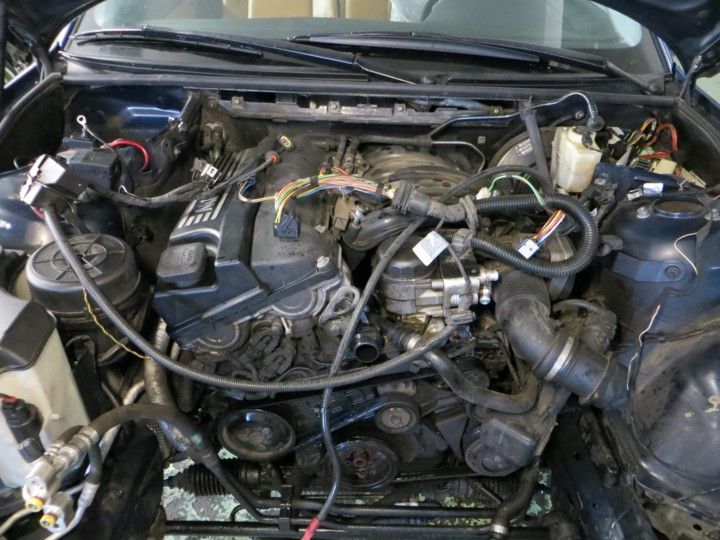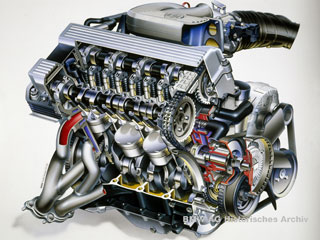Essential Considerations for Selecting the very best Engine for Your Requirements
In the world of picking the optimal engine to fulfill your needs, several important aspects demand precise factor to consider to make certain optimal performance and effectiveness. From the nuanced balance in between power and efficiency to the often-overlooked aspects of maintenance and service requirements, each aspect plays an essential duty in identifying the most ideal engine for your details needs.
Power and Efficiency
When assessing engines for optimal efficiency, it is essential to prioritize both power output and efficiency. Effectiveness refers to exactly how well the engine transforms fuel into usable energy. By very carefully evaluating both power and effectiveness, you can select an engine that provides optimal performance and satisfies your needs efficiently.
Fuel Efficiency and Economic Situation
Gas performance refers to the engine's capability to convert fuel right into energy with marginal waste, straight influencing operating prices and ecological sustainability. Engines with higher fuel performance not just minimize fuel expenses but additionally decrease carbon exhausts, adding to a greener operation.

Compatibility and Application
Considering the fuel performance and economy of an engine, the following crucial element to address is its compatibility and application within certain functional contexts. Compatibility refers to how well the engine integrates with the general system or equipment it powers.
Additionally, the application of the engine is just as vital. Various engines are made for particular functions, whether it be industrial machinery, marine vessels, autos, or power generators. Understanding the designated application permits for the choice of an engine that can deliver the necessary power result, torque, and functional characteristics. For example, a high-revving engine made for performance cars and trucks would certainly not be ideal for heavy-duty construction equipment that requires high torque at low speeds.
Upkeep and Service Demands
Upkeep and solution demands play a vital function in making certain the longevity and ideal performance of an engine. Regular maintenance is crucial to stop breakdowns, extend the lifespan of the engine, and keep its performance. When selecting an engine, it is essential to take into consideration the manufacturer's suggested maintenance routine and the schedule discover here of solution centers or certified technicians.
Elements such as the frequency of oil modifications, filter replacements, and general examinations can dramatically impact the engine's performance. Some engines may require more frequent servicing based upon their style and use, while others may have longer intervals in between upkeep checks. It is essential to follow these solution needs to stay clear of costly repair work and unforeseen downtime.

Cost and Spending Plan Factors To Consider
Spending plan restraints commonly play a considerable role in the decision-making procedure when selecting an engine for a certain application. When thinking about the expense and budget effects of selecting an engine, it is essential to examine not only the first purchase cost but also the lasting expenses connected with maintenance, fuel intake, and prospective upgrades or fixings. It is important to strike an equilibrium in between the upfront price of the engine and its total lifecycle prices to make certain that the chosen engine stays financially lasting throughout its operational life expectancy.
Factors such as fuel reliability, performance, and toughness can straight affect the total price of ownership of an engine. While an extra costly engine may have higher in advance costs, it can potentially result in reduced maintenance and gas costs over time, thus providing read here better worth in the long run.
Verdict

Fuel effectiveness refers to the engine's capacity to convert fuel right into energy with minimal waste, straight impacting operating prices and environmental sustainability.Elements affecting gas efficiency include engine layout, burning effectiveness, and general efficiency optimization. Furthermore, selecting the proper gas kind and grade as suggested by the engine manufacturer can even more improve performance and lengthen engine lifespan.
Engines with good service functions and easily offered parts can reduce maintenance expenses and lessen find out this here the time the engine is out of procedure - bmw 318ti. It is essential to strike a balance between the in advance price of the engine and its total lifecycle costs to guarantee that the selected engine stays monetarily sustainable throughout its operational lifespan